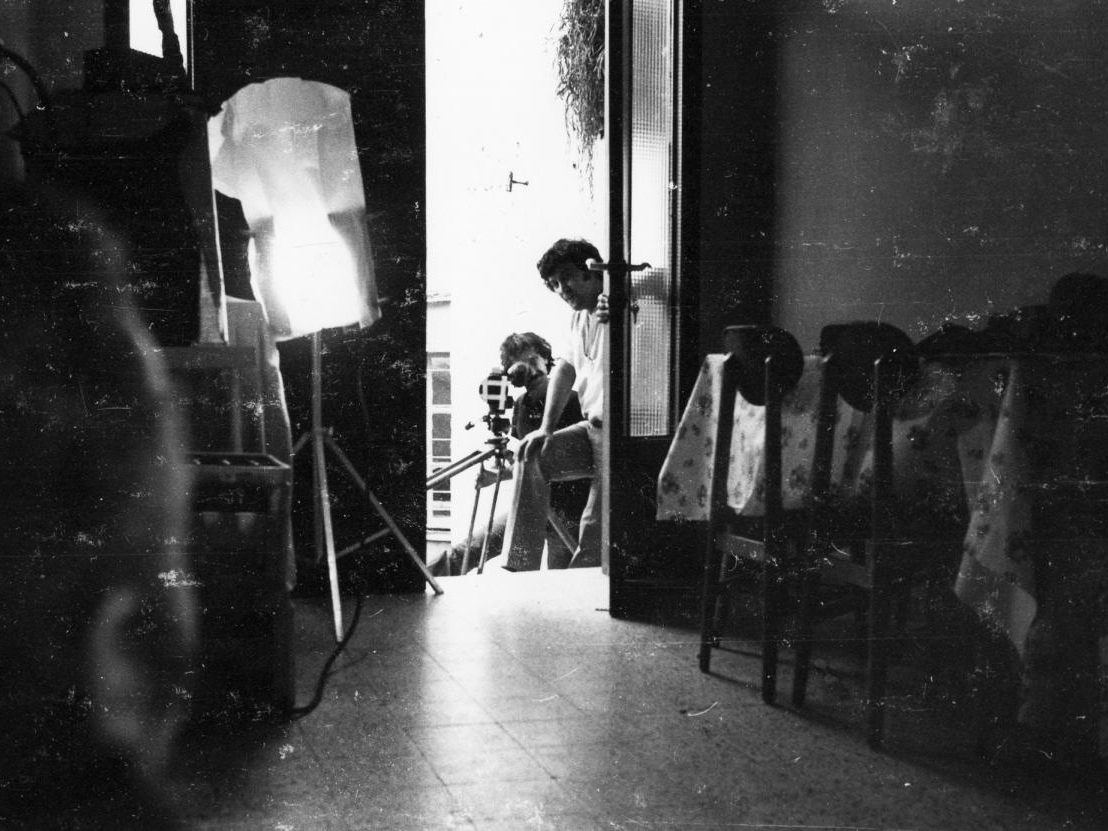
I would like to define the intricate relationship between my cinematographic language and the prevalent political language. The prevalent political language aims at determining a harmony of concrete interests. It is a uniform language that emphasizes the difference between what is similar and what is different within a very precise geographical and economical area. On the other hand, my cultural action, and not cultural language, aims at liberating spaces where everyone can be moved, can rediscover the real nature of things, marvel at the world, think about it and immerse oneself in the world of childhood. Finally, politics excludes the imaginary, unless it can be used for ideological or partisan ends. But my films’ cultural world is made up of both reality and the imagination, both of which are vital to the creation of my films. It is like a child’s quest for identity: he or she needs these two levels – reality and dream – to approach life in a balanced and non-schizophrenic way.